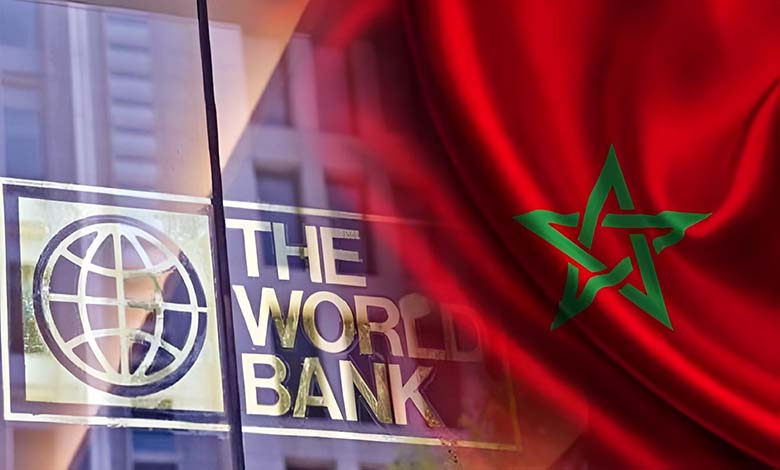The World Bank chooses Morocco as a regional headquarters for its stability and strong economy

Morocco’s ability to attract major international institutions further consolidates the status of Rabat and Casablanca as regional financial capitals while enhancing the country’s diplomatic influence.
The World Bank’s decision to open a regional headquarters in Morocco reflects the global financial institution’s confidence in the Kingdom’s political and security stability. It also stands as recognition of the strength and resilience of Morocco’s economy in the face of global and regional challenges.
-
New Diplomatic Achievement for Morocco with Its Election as Vice-President of the Conference on Landlocked Developing Countries
-
26th Anniversary of the Throne Day in Morocco: Diplomacy of Empowerment and Balance
This move reinforces Morocco’s position as a regional institutional and financial hub and strengthens its diplomatic visibility on the international stage.
According to informed sources, Rabat’s city council is preparing, during its October session, to approve the transfer of a plot of land to the State for the construction of the World Bank’s regional office. According to Teleexpress, this branch will cover both Morocco and the Republic of Malta.
This initiative is expected to boost Morocco’s attractiveness to multinational companies and international organizations, especially as the Kingdom has gained considerable experience in hosting major global events and conferences.
-
Urgent relief aid from the King of Morocco to Gaza via a special route
-
Morocco Affirms Its Role as a Neutral Mediator in Sub-Saharan African Crises
The decision demonstrates the World Bank’s support for Morocco’s national strategy aimed at promoting entrepreneurship, innovation, and foreign investment — all key components of the Kingdom’s “new development model.”
It also confirms Morocco’s reputation as a haven of political and security stability in a region marked by turmoil, particularly in North Africa and the Sahel — an essential criterion for any international institution seeking to establish a regional base. Moreover, it represents recognition of the structural reforms undertaken by the country in governance, anti-corruption, and the modernization of public institutions.
The World Bank’s regional presence in Morocco will allow closer monitoring and faster technical assistance for key reforms, including judicial reform and public sector modernization.
-
Portuguese support for Morocco’s Sahara plan strengthens the Kingdom’s position
-
Morocco’s Atlantic Project: A Lifeline from Crisis for Sahel Countries
This decision further strengthens a historic partnership between Rabat and the World Bank that has lasted for more than 65 years and was crowned by Morocco’s hosting
of the 2023 Annual Meetings of the World Bank and the International Monetary Fund in Marrakech.
Analysts believe that hosting a regional World Bank office will allow its staff to work closer to field realities, thereby increasing the effectiveness of funding, improving data-driven policy advice, and enhancing program implementation efficiency.
-
Ghana Supports Morocco’s Proposal on the Sahara
-
Commitment to the Atlantic Initiative Sets the Stage for Broader Cooperation between Morocco and Sahel Countries
Morocco’s capacity to attract global institutions — whether financial like the World Bank, sports-related like FIFA, which opened an office in the country last July, or major investment firms — highlights a strategic shift in the Kingdom’s role. Morocco is transitioning from being merely an investment destination to becoming a regional hub for international operations in Africa and the Mediterranean.
These achievements are the result of a clear and ambitious vision that has established Morocco as a regional power through proactive economic diplomacy, aimed at strengthening economic and political integration with African nations. This makes the Kingdom an ideal base for any institution seeking to expand toward the continent, further reinforced by its strategic position as a bridge between Africa and Europe.
The establishment of such institutions in Morocco creates new direct and indirect employment opportunities, increases demand for local expertise, and fosters a dynamic and sustainable economic development in the host cities.












